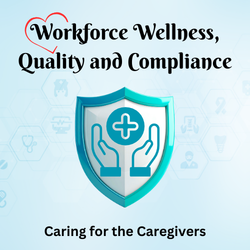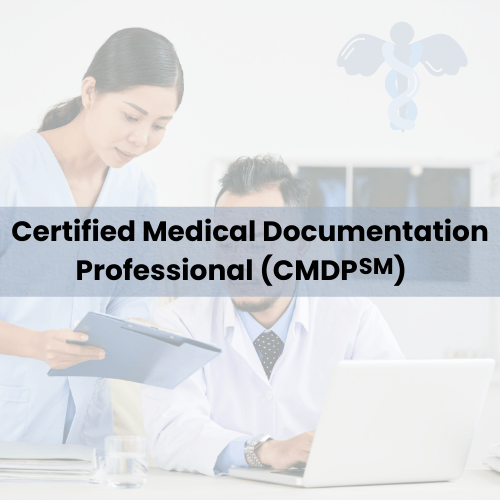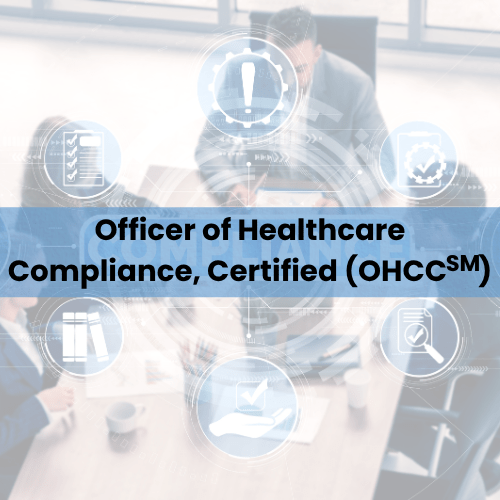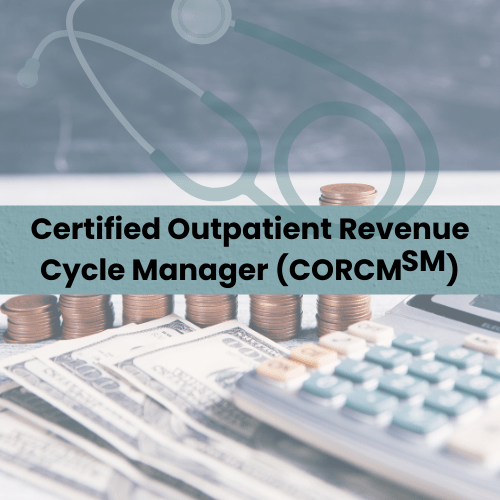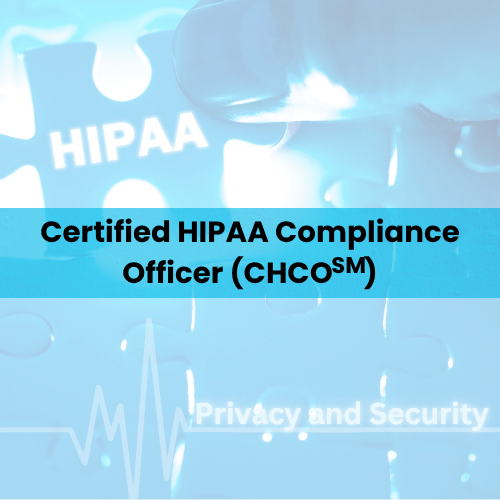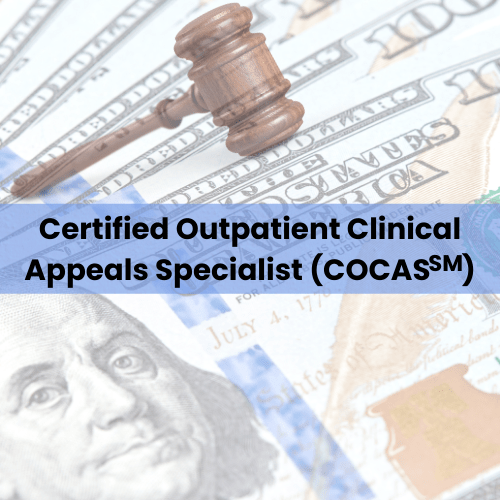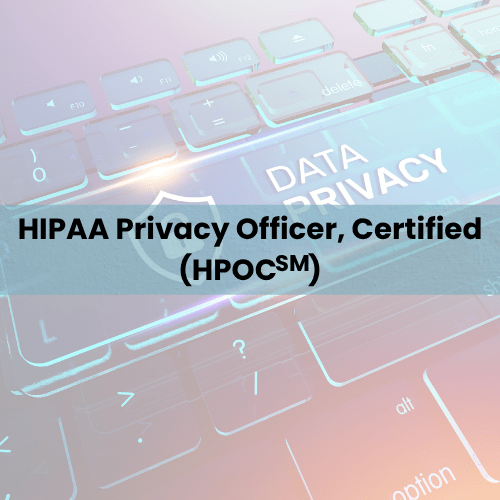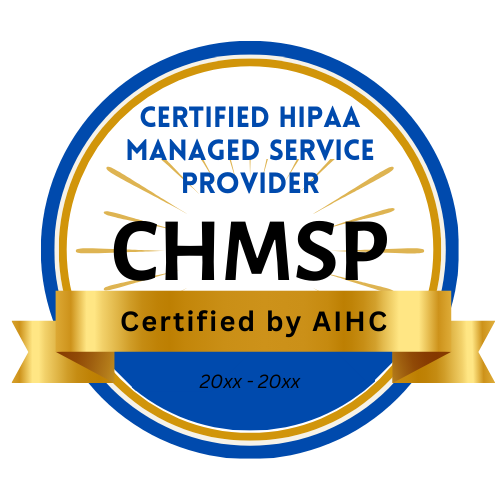February 2026 Monthly Newsletter
In This Issue -
Protect the Data You Love - If you love your data, secure it!
Overview
Accurate, secure data is vital to patient care. By leveraging patient records, predictive analytics, and real-time data, healthcare providers can make informed decisions, enhance operational efficiency, and, through tools like EHRs, prevent unnecessary, dangerous delays in care. Our theme for February?
Securing healthcare data is critical for compliance with HIPAA regulations because it protects sensitive Protected Health Information (PHI) from breaches, prevents severe financial penalties, avoids legal liabilities, and maintains trust. Failing to secure data can lead to patient identity theft, compromised safety, and significant reputational damage.
The February 2026 Newsletter and subsequent news blasts provide resources from government enforcement agencies to help inform your key workforce members to secure and harden your systems.
Anticipated 2026 Weaponized AI Agents
Based on various reports analyzing the 2026 threat landscape, Artificial Intelligence (AI)-driven cyber threats in healthcare are expected to increase causing to operational crises, targeting both data integrity and patient safety through highly automated, intelligent attacks. Knowledge is power – some of the key AI-driven threats anticipated in healthcare this year are:
Weaponized AI Agents and "Shadow AI"
- Shadow AI Proliferation: Shadow AI has emerged as a top security threat in 2026. Due to worker burnout and a desire for efficiency, employees are increasingly using unauthorized, unapproved AI tools to manage workloads, bypassing organizational security and creating massive, unmonitored data exposure points.
- Malicious Use of AI Agents: AI agents, designed to automate workflows like scheduling or prior authorization, may be manipulated to act as "insider threats". AI attackers can use prompt injection to trick these agents into exfiltrating sensitive data or executing unauthorized actions.
- Misconfigured AI Backdoors: Improperly configured AI agents with high-level permissions could turn into automatic, high-speed backdoors for attackers to move through cloud systems and access sensitive patient data.
Data Poisoning and Model Manipulation
- Targeting AI Logic: Adversaries are moving beyond attacking infrastructure to attacking the "logic" of the AI itself.
- Data Poisoning: Malicious actors may inject corrupted data into the knowledge bases that feed medical AI systems (e.g., diagnostic tools), causing them to provide inaccurate, dangerous, or biased advice. Poisoned data doesn't break systems immediately; it erodes judgment over time, potentially leading to delayed diagnoses and disproportionate impact on specific patient populations.
Sophisticated Phishing and Deepfakes
- AI-Enhanced Social Engineering: Phishing attacks will become even more convincing, using AI to generate hyper-personalized, context-aware, and grammatically perfect lures at scale.
- Deepfake Impersonation: Attackers are expected to use AI-generated audio and video deepfakes to impersonate trusted staff or executives to bypass multi-factor authentication (MFA) or trick employees into transferring funds or data.
Advanced Ransomware and Extortion
- "Quiet" Data-Extortion Attacks: Ransomware will increasingly focus on stealing data for extortion rather than just encrypting it, often stealing data in minutes.
- Targeting Medical IoT and Legacy Devices: AI will be used to automatically identify vulnerabilities in the Internet of Medical Things (IoMT)—such as infusion pumps or imaging devices—which often run on legacy software and are hard to patch.
- DDoS Attacks on Critical Infrastructure: AI-driven, high-volume Distributed Denial of Service (DDoS) attacks could be used to cripple hospital operations, particularly impacting cloud-based common technology infrastructure.
Increased Third-Party Risk
- Cascading Vendor Breaches: As health systems increase their reliance on third-party AI, SaaS, and cloud vendors, a single breach at a vendor can cascade across multiple healthcare providers, exposing millions of records.
- SaaS (Software-as-a-Service) in healthcare is a cloud-based delivery model where third-party vendors host applications (e.g., EHR, scheduling, analytics) on their own servers and deliver them over the internet. It replaces traditional on-premise, locally installed software, offering subscription-based access that improves scalability, reduces IT maintenance costs, and allows for automatic, real-time updates.
Fight AI with AI to Mitigate Risks
To combat these threats, experts advise a shift to "Clinical Continuity" rather than just business continuity, alongside using Artificial Intelligence as a defense. Consider:
- Using AI for real-time anomaly detection and to automatically analyze, contain, and remediate threats.
- Implement AI Governance Committees. Establish strict oversight to audit AI tools and manage data, ensuring AI models are not just adopted but secured.
- Review, update and strengthen HIPAA Business Associate Contracts.
- Improve infrastructure – move to a Zero Trust Architecture. Moving from a "castle-and-moat" to an "everywhere perimeter" approach to restrict lateral movement if a breach occurs.
Meet or Exceed Legal and Regulatory Mandates
For HIPAA covered entities and business associates (regulated entities), the Security Rule requires ensuring the confidentiality, integrity, and availability of all electronic protected health information (ePHI) that the regulated entity creates, receives, maintains, or transmits.
The HIPAA Security Rule requires regulated entities to ensure the confidentiality, integrity, and security of electronic PHI (ePHI), forcing organizations to implement risk management programs. The primary government agency enforcing electronic Protected Health Information (ePHI) security on providers is the U.S. Department of Health and Human Services (HHS) Office for Civil Rights (OCR).
The OCR enforces compliance through investigations of complaints, breach reports affecting 500 or more individuals, and audits. Other key government agencies and bodies involved in enforcement also include:
Department of Justice (DOJ):
- Handles criminal violations of HIPAA, such as knowingly misusing PHI for personal gain.
State Attorneys General:
- Authorized to enforce HIPAA regulations and file civil actions on behalf of state residents.
Centers for Medicare & Medicaid Services (CMS):
- Enforces HIPAA Administrative Simplification rules, including transaction standards.
Federal Trade Commission (FTC):
- Protects consumer data, including health information, and investigates breaches caused by poor security practices.
Key 2026 Enforcement Trends
2026 HIPAA enforcement focuses on mandatory, proactive cybersecurity, moving away from "best effort" to strict, documented technical safeguards. Key trends include mandatory multi-factor authentication (MFA), comprehensive encryption, regular penetration testing, system hardening, and 72-hour system restoration capabilities to counter ransomware risks and rising OCR audits.
System Hardening & Vulnerability Management
Organizations must perform biannual vulnerability scans and annual penetration tests to proactively identify weaknesses rather than just responding to breaches. OCR recently published a Cybersecurity Newsletter address system hardening. Click Here to access this information
- “System hardening is the process of customizing electronic information systems (e.g., computer systems and other electronic devices) to reduce their attack surface, thus reducing the number of weaknesses and vulnerabilities that an attacker can exploit. This customization can take various forms, but typically includes a combination of patching known vulnerabilities, removing or disabling unneeded software and services, and enabling and configuring security measures.”
The latest CISA Vulnerability Bulletin provides a summary of new vulnerabilities that have been recorded by the NIST National Vulnerability Database (NVD). CISA is America’s Cybersecurity & Infrastructure Security Agency.
Consequences of Not Loving Your Data Enough
For 2026, the Office for Civil Rights (OCR) HIPAA violation penalty structure uses an inflation-adjusted four-tier system, with maximum penalties for willful neglect potentially reaching over $2.1 million per violation type. Covered entities and business associates may also be required to comply with a corrective action plan. OCR evaluates each situation on a case-by-case basis.
Penalties are based on culpability, ranging from "no knowledge" to "willful neglect" not corrected, with annual caps adjusted for inflation as follows:
2026 Estimated HIPAA Civil Penalty Tiers (Inflation-Adjusted)
OCR penalty amounts are adjusted annually for inflation. Actual 2026 figures will be published in the Federal Register, but the structure remains based on "per identical provision."
- Tier 1: No Knowledge ($141 - $71,162 per violation)
- Entity did not know and could not reasonably have known of the violation.
- Tier 2: Reasonable Cause ($1,412 - $71,162 per violation)
- Violation occurred despite reasonable diligence, but not willful neglect.
- Tier 3: Willful Neglect - Corrected ($14,120 - $71,162 per violation)
- Violation was due to conscious, intentional failure, but corrected within 30 days.
- Tier 4: Willful Neglect - Not Corrected ($70,600 - $2,134,831 per violation)
- Violation was due to willful neglect and not corrected within 30 days.
Key 2026 Considerations
- Identical vs. Different Rules: The annual cap of ~$2.1 million applies to violations of the same requirement (e.g., failing to update risk management policies over multiple months).
- Multiple Violations: If an audit reveals 3 different types of violations, and each is deemed "willful neglect" not corrected, the maximum annual liability is $2.1 million multiplied by 3 ($6.3+ million), not a single $2.1 million cap.
- Part 2 Alignment: As of February 16, 2026, 42 CFR Part 2 (substance use records) violations now align with HIPAA, meaning these breaches are subject to the same $2.1 million per-provision annual cap.
- Criminal Penalties: In addition to OCR civil fines, the Department of Justice (DOJ) can impose criminal penalties, including prison sentences. According to the U.S. Department of Health and Human Services Office for Civil Rights (OCR):
- A person who knowingly obtains or discloses individually identifiable health information in violation of the Privacy Rule may face a criminal penalty of up to $50,000 and up to one-year imprisonment.
- The criminal penalties increase to $100,000 and up to five years imprisonment if the wrongful conduct involves false pretenses, and to $250,000 and up to 10 years imprisonment if the wrongful conduct involves the intent to sell, transfer, or use identifiable health information for commercial advantage, personal gain or malicious harm.
- The Department of Justice is responsible for criminal prosecutions under the Privacy Rule.
Embracing HIPAA compliance improves organizational security, boosts patient trust, and reduces risk, transforming it from a legal burden into a competitive advantage. It strengthens data protection against breaches, enhances operational efficiency, avoids significant financial penalties, and fosters a culture of confidentiality and trust.
Patient Safety Relies on Cyber Safety
Cyber safety is directly synonymous with patient safety because today’s providers rely entirely on digital, interconnected systems to deliver care. A cyberattack, such as ransomware, disrupts clinical operations and can shut down essential practice and hospital systems, leading to delayed treatments, cancelled appointments, surgeries, corrupted medical records, and malfunctioning medical devices, which directly endanger patient lives.
Direct Threat to Life and Safety: Attacks on hospitals have resulted in diverted ambulances, cancelled surgeries, and inaccessible patient histories, creating immediate risks to patient health and outcomes.
- Corruption of Medical Data: Cybercriminals may alter or corrupt patient data, leading to incorrect medication dosages, faulty, diagnoses, and improper, treatment plans.
- Medical Device Vulnerability: Network-connected medical devices (IoT) can be compromised, potentially allowing unauthorized access to equipment like ventilators or monitors.
- Breach of Sensitive Information: Beyond clinical care, breaches expose sensitive patient, information (PHI), leading to identity theft and, financial harm.
In the digital age, a "cyber-healthy" network is essential for operational continuity and patient safety, moving cybersecurity from a solely IT concern to a critical clinical priority.
Creating and supporting a culture of compliance in addition to retaining qualified IT experts is needed to protect your beloved data they way it should be loved.
Resources & References
Training and educating executives and your management team are key. AIHC is a non-profit healthcare training organization. Contact Us if you’d like to enroll multiple employees from your organization in one or more of our online, on-demand HIPAA training programs. HIPAA-related courses currently offered are:
- HIPAA Compliance (Privacy/Security)
- HIPAA Privacy
- HIPAA Managed Service Provider Training
- Right of Access/Release of Information (includes training to prevent information blocking & 42 CFR Part 2)
- HIPAA Annual New Hire Training (short course)
Information provided is this newsletter is for educational and reference purposes only and is not intended as consulting or legal advice.
References:
- https://aihc-assn.org/importance-of-addressing-shadow-ai-for-hipaa-compliance/
- https://www.healthcareittoday.com/2025/12/29/healthcare-cybersecurity-2026-health-it-predictions/
- https://www.beckershospitalreview.com/healthcare-information-technology/cybersecurity/what-healthcare-leaders-need-to-know-about-cybersecurity-in-2026/
- https://www.wolterskluwer.com/en/expert-insights/2026-healthcare-ai-trends-insights-from-experts
AUDITING FOR COMPLIANCE
Online Training
with the option to certify online
CLINICAL DOCUMENTATION IMPROVEMENT
Online Training
with the option to certify online
CORPORATE COMPLIANCE
Online Training
with the option to certify online
REVENUE CYCLE MANAGEMENT 2025
Online Training
with the option to certify online
HIPAA COMPLIANCE
Online Training
with the option to certify online
APPEALS MANAGEMENT 2025
Online Training
with the option to certify online
Online Training
with the option to certify online

Online Training
with the option to certify online

COMPUTERIZED PROVIDER ORDER ENTRY
Online Training
with the option to certify online

HIPAA FOR MANAGED
SERVICE PROVIDERS
Online Training provided by
Certification provided by the American Institute of Healthcare Compliance.
